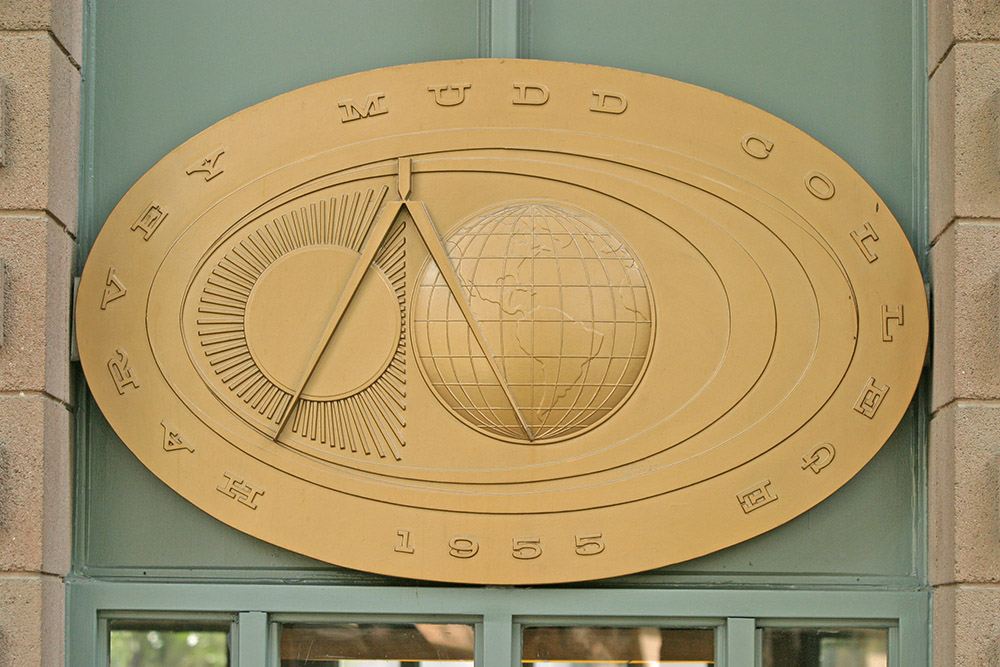Harvey Mudd Alumni Enhance Caltech’s Schmidt Academy
September 1, 2021
Through a strategic partnership, Harvey Mudd alumni are poised to join the next generation of science-savvy software engineers who will set new standards in scientific software.
Along with former HMC computer science professor and department chair Ran Libeskind Hadas (now at Claremont McKenna College), Katherine Breeden, HMC assistant professor of computer science and a Caltech graduate, joined the advisory board of Caltech’s Schmidt Academy for Software Engineering, a post-baccalaureate program in software engineering launched in 2019. Their connections to computer science graduates who are interested in software engineering and who have strong science fundamentals have been key to helping expand the program, which was initially only for Caltech grads.
During the three-year, pilot program, Schmidt Scholars are embedded for one to two years with research groups across the Caltech campus. They are mentored by senior software engineers and receive industry-competitive salaries, a strategy Breeden sees as a model for other universities. Projects range from designing, developing and deploying an adaptive charging network for electric vehicles to building a knowledge graph framework for metamaterials.
Breeden said the hiring committee has been pleased with HMC applicants, who bring a strong set of skills and perspectives to the program. The first contingent of HMC alumni accepted in fall 2020 were Tom Dougherty ‘20 (works with David Van Valen, biology), Anya Wallace ‘20 (Chiara Daraio, mechanical engineering), Jenna Kahn ‘20 (Frederick Eberhardt, philosophy ) and Cody Newman ‘20 (Niles Pierce, chemistry)—nearly all will continue for a second year. Fall 2021 Schmidt Scholars from HMC are Alfredo Gomez ’21 and Julia Vendemiatti ’21.
Wallace works with the Daraio lab on a joint project with several other research institutions (Duke, Northwestern, Rensselaer Polytechnic institute, University of Vermont and Caltech) to create an open-source, web-based database dedicated to providing data on nanocomposites and structured materials (metamaterials) as well as tools to analyze and explore that data. “Not only has it been a great opportunity to learn about software engineering best practices from professional software engineers,” she says, “but I also to get to experience cutting-edge research in a scientific field that I otherwise might never have interacted with.”
Many computer science grads may have a limited view of what careers are available to them beyond highly paid, entry-level software engineering jobs in a handful of well-known tech companies. “But there are tremendous opportunities right now to do impactful, fulfilling computing work in other areas: manufacturing, scientific research in the public sector and more,” Breeden says. “Supporters of the Schmidt Academy see the potential our students have to build software that can accelerate scientific discovery.”
